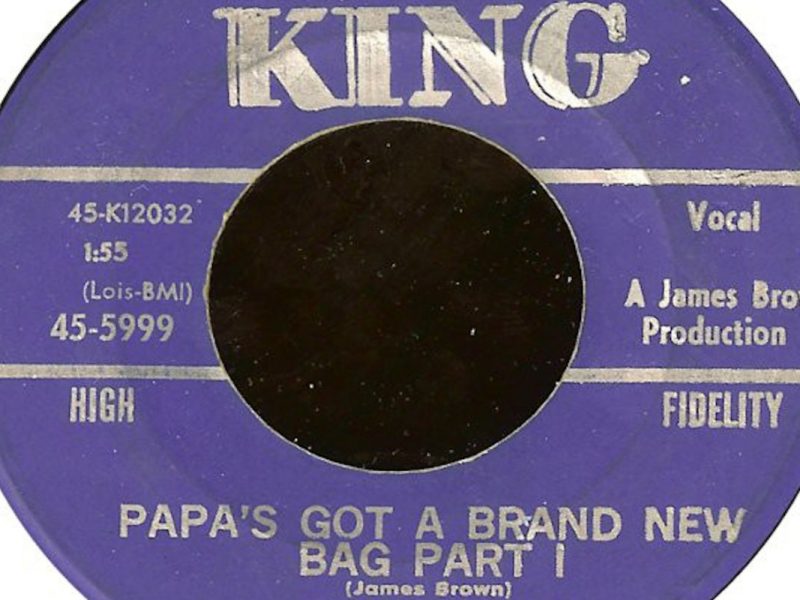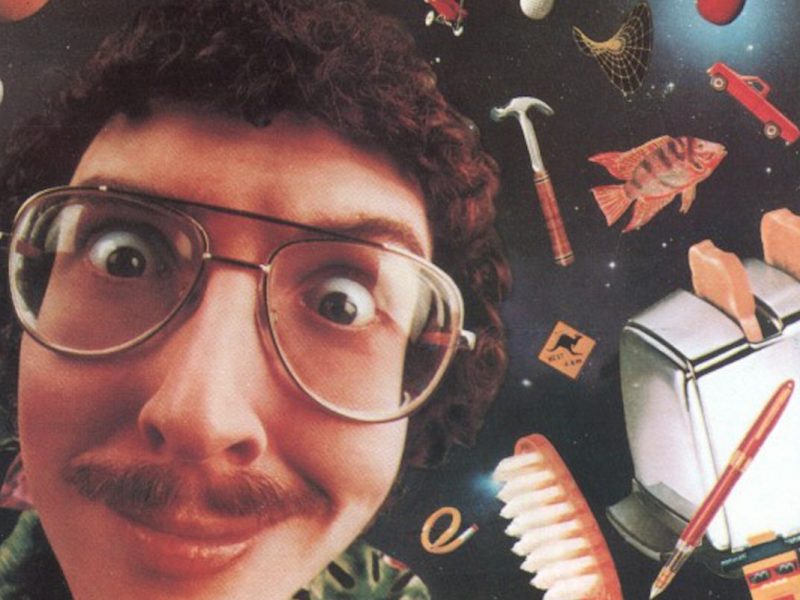“Outlaw Man” was a rarity in the Eagles catalog, a single written by someone outside the band. But it was integral in helping shape their second album, Desperado.
The song was penned by David Blue, a veteran of the New York folk scene who was signed to Asylum Records, home to Eagles. It opened his second LP for the label, 1973’s Nice Baby and the Angel. “He was in the office almost every day,” guitarist Bernie Leadon remembered in Uncut. “I think [Glenn] Frey picked up on it.”
Desperado was originally intended to be a concept album about anti-heroes, devised after Frey, Don Henley, Jackson Browne and J.D. Souther saw singer-songwriter Tim Hardin at the Troubadour. As Glenn Frey told Cameron Crowe, “James Dean” and “Doolin-Dalton” were early contenders for the album, but then Henley finished a song he’d been working on for a while, “Desperado.” That was followed by Frey’s “Tequila Sunrise,” and the group soon hit upon the idea for the record to be about the Old West.
A book called The Album of Gunfighters by J. Marvin Hunter and Hoan H. Rose also played a part. It featured photos and essays about the outlaws who comprised that portion of American mythology. Although Eagles were based in California, none of the members was a native, so they saw pieces of themselves in those old stories.
“All of us went out west,” Leadon explained. “People would go to L.A. and fail, and the responsible ones would move back home and start a family, while the malcontent never-say-die-type personalities said, ‘No, I’m staying!’ That was our story. The idea was, ‘How are we feeling about our lives and what we’re doing, and would the people in a gang have felt the same way?’ Breaking out of societal expectations and doing something extraordinary. We were just kids, but we were looking at our lives and trying to make reasonable comment about it.”
Listen to Eagles’ ‘Outlaw Man’
For Frey, the only real difference between then and now was the choice of weapon. “When a kid sees a guitar in a shop window today, he sees it in the same way as the kid on the Old West saw the gun,” he told Circus in 1973 (via Andrew Vaughan’s The Eagles FAQ: All That’s Left To Know About Classic Rock’s Superstars). “It’s the mark of a new kind of man the way he can make a fortune and a name for himself while thumbing his nose at the things society wants him to be.”
“Desperado was a brilliant move, because it gave the Eagles an identity,” Browne noted. “There was something limited about the concept, but it was also very potent. There was a nouveau-Indian hippy thing going on, everyone was coming to California, and in the end that was what they were writing about: that projected dream of what freedom could be. Vacate your assigned positions in life and be what you fucking want!”
As they had done on their debut, the Eagles set out for London to record with producer Glyn Johns, who felt the LP worked even if you didn’t buy its main concept. “It told a story if you wanted it to,” he later told Uncut. “And it didn’t really matter if you didn’t, because the songs were strong enough to hold up on their own.”
Still, when “Outlaw Man” was released as a single in August 1973, it peaked at only No. 59, five spots ahead of the LP’s first single, “Tequila Sunrise.” Desperado reached No. 41 on the album chart, 19 spots below its predecessor. “Outlaw Man” was the final single released from the Eagles’ initial studio records that was written by someone other than a member of their core group.
The Best Song From Every Eagles Album
Which ones go the distance?



